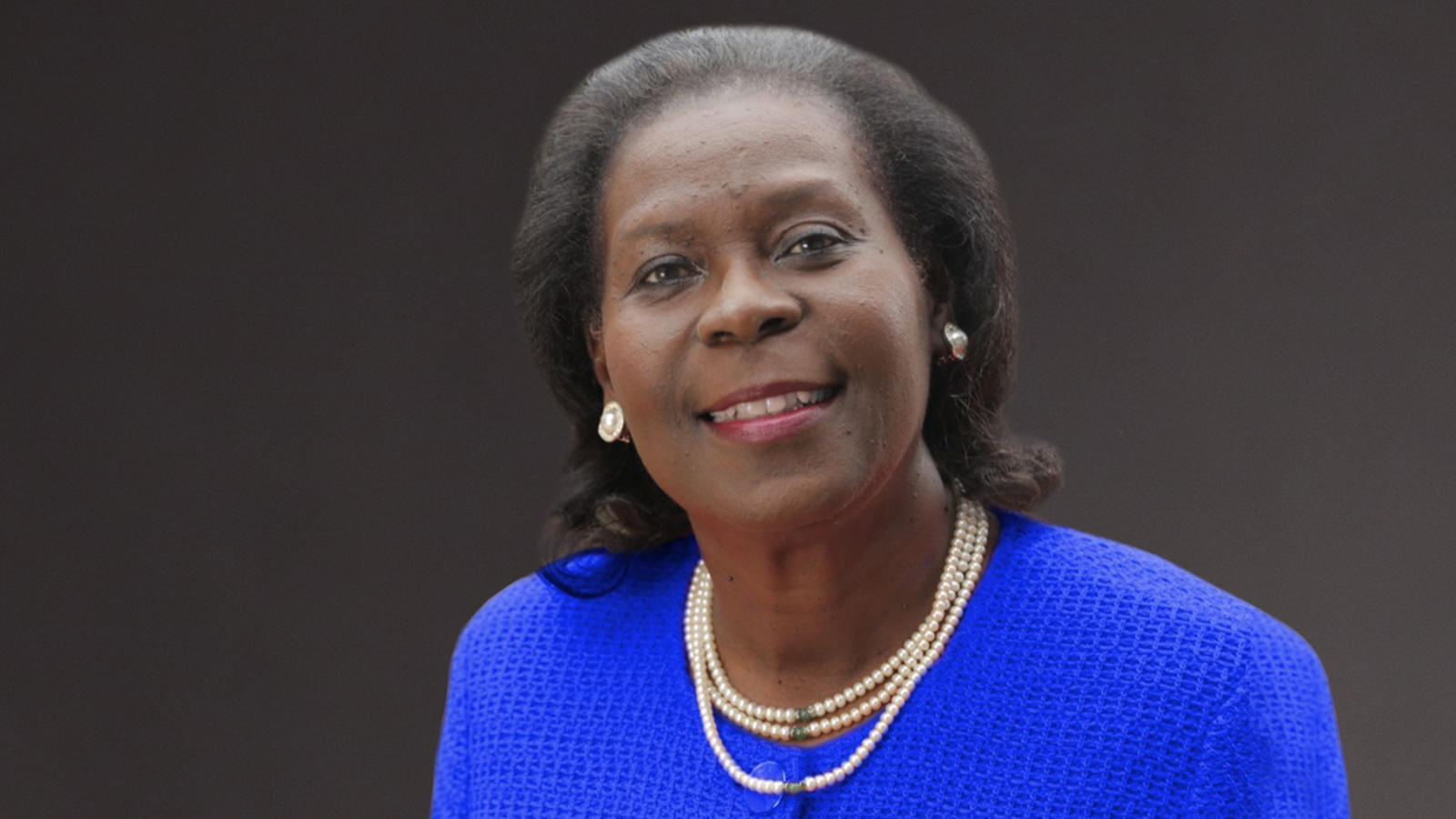North Carolina Central University (NCCU) has named Patricia Timmons-Goodson, retired North Carolina Supreme Court associate justice, School of Law dean, effective July 1, 2023.
Timmons-Goodson will be tasked with elevating the School of Law’s visibility, attractiveness and sustainability as an institution that prepares ‘practice ready’ law graduates who excel at the bar examination. She will develop the school’s leadership team; create and implement a dynamic marketing program to highlight the unique brand of the NCCU School of Law; and promote, encourage and support faculty scholarship and teaching excellence. Timmons-Goodson will serve as the chief academic officer and establish the strategic vision and goals of the school, providing administrative oversight for all aspects of academic life within the college, including fiscal management, personnel professional development, academic programs, clinics, centers and student enrollment. She will also direct external initiatives that include community outreach and development, and fundraising.
“I’m very elated that former North Carolina Supreme Court Associate Justice Patricia Timmons-Goodson will be joining our team at NCCU and look forward to working with her and her team as we advance the mission of the law school by preparing a significant cadre of the nation’s future jurists,” said David H. Jackson, Jr., Ph.D., provost and vice chancellor for academic affairs.
Appointed to the North Carolina Supreme Court by former Gov. Michael Easley in January 2006, Timmons-Goodson will always receive special notice as the fourth woman and the first African American woman to sit on the state’s highest court. The state's citizens overwhelmingly affirmed her appointment by later electing her to a full term. Upon retirement from the Supreme Court in 2012, she served 28 years in the judiciary of North Carolina.
Timmons-Goodson’s professional quest for justice began as a prosecutor and later as a legal-aid lawyer. At age 29, she was appointed a district court judge and subsequently elected three times — twice without opposition. In 1997, she was appointed as an associate judge of the North Carolina Court of Appeals. Her successful 1998 statewide campaign earned her a full term and marked the first occasion that an African American woman was elected to an appellate court in North Carolina.
Timmons-Goodson’s years of judicial service to the people of North Carolina have been recognized with awards such as the Advocates for Justice- Appellate Judge of the Year, Order of the Long Leaf Pine, the UNC William R. Davie Award, the NC Bar Liberty Bell Award, and induction into the North Carolina Women’s Hall of Fame. She holds honorary degrees from Johnson C. Smith University, St. Augustine’s College, and the University of North Carolina at Chapel Hill (UNC-Chapel Hill).
Timmons-Goodson is an active member of the American Bar Association (ABA), where she has served as an officer in the Appellate Judges Conference, editorial board member of the ABA Journal and an ABA Law School Accreditation Committee member. She currently serves as co-chair of the board of the NC Justice Center.
Timmons-Goodson received her bachelor’s and juris doctor degrees from the UNC-Chapel Hill and an L.L.M. from Duke University Law School.
She is married to Dr. Ernest J. Goodson and they are the proud parents of two adult sons.
